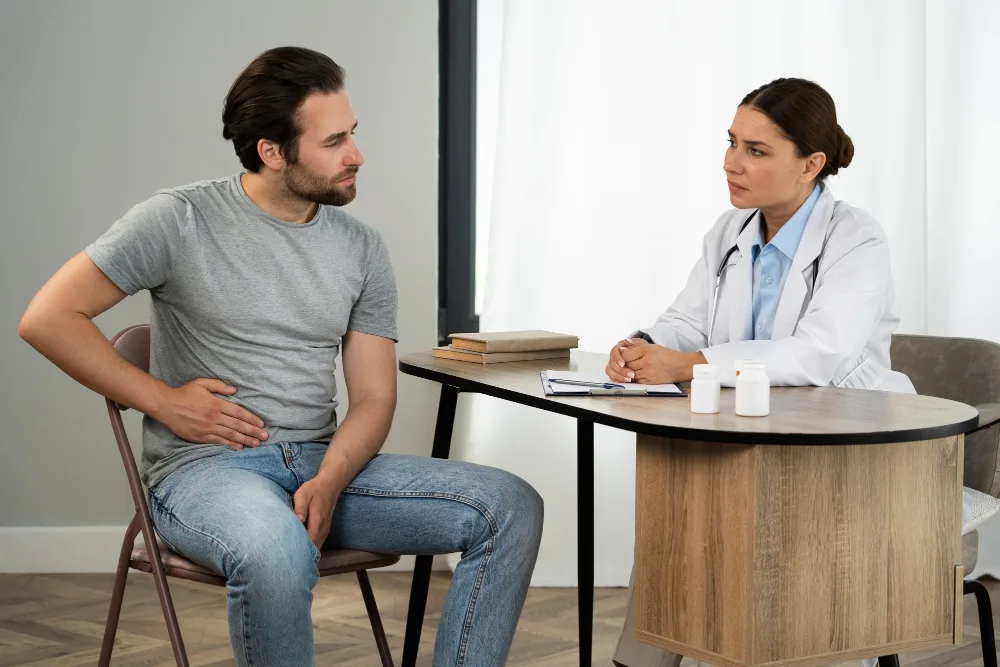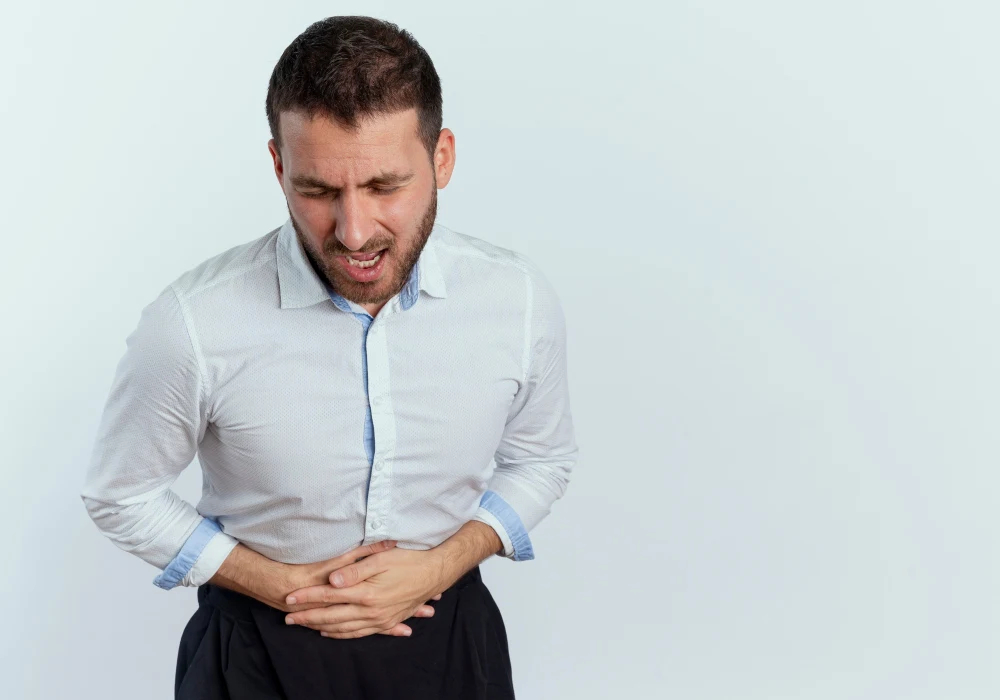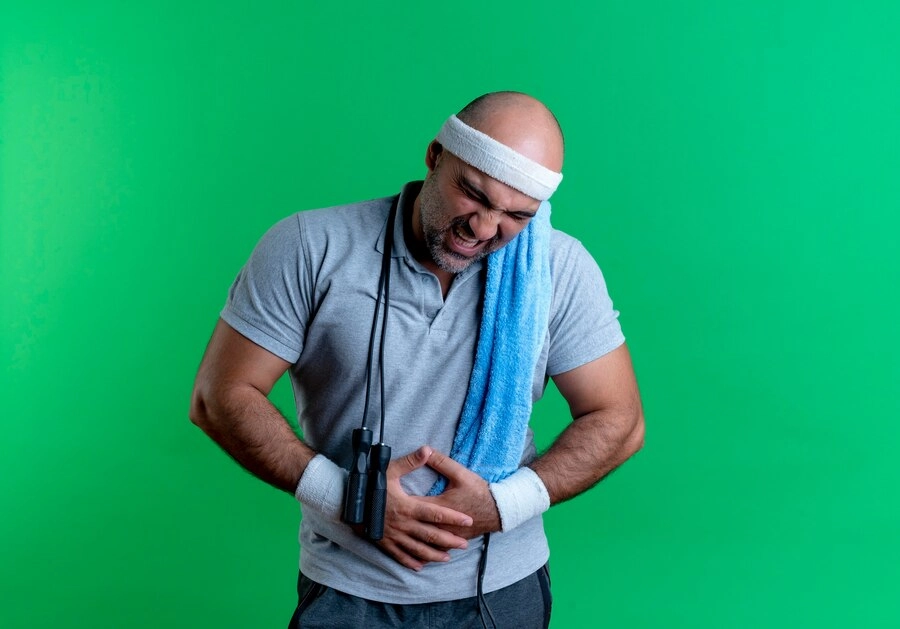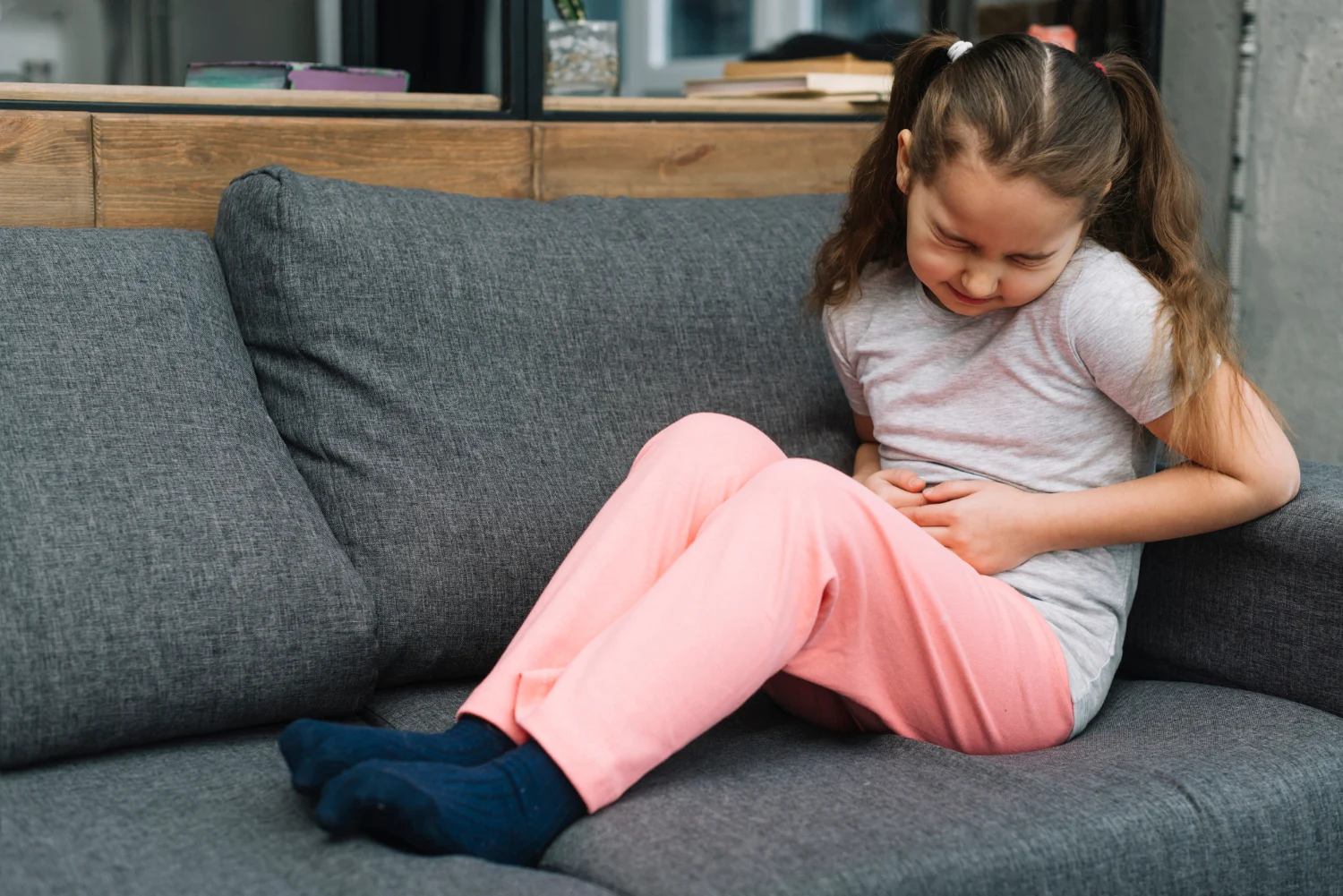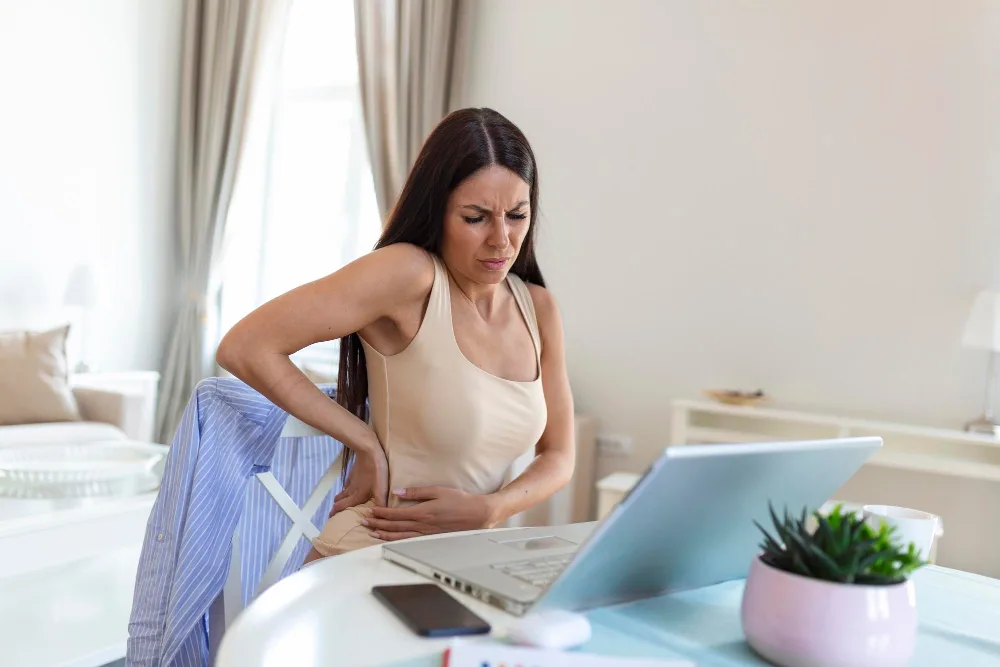How to Know If I Have Piles?
Category: General Surgery
Many people experience discomfort, itching, or pain in the anal area but are unsure whether it’s due to piles (hemorrhoids) or another condition. Piles are swollen veins in or around the anus that can cause pain, irritation, and sometimes bleeding during bowel movements. Identifying the early signs is crucial for timely treatment and to prevent worsening of the condition.
At Lokmanya Hospital, our specialists provide accurate diagnosis and effective treatment for piles using advanced and minimally invasive methods. With a focus on patient comfort and long-term relief, we ensure that every individual receives comprehensive care—from early detection to recovery and lifestyle guidance.
Early Symptoms and Warning Signs of Piles
Recognizing piles early helps in managing symptoms better. Here are some key signs and what they may indicate:
1. Pain or Discomfort Around the Anus
A common symptom of piles is pain or soreness near the anal region, especially during or after bowel movements. In external piles, this discomfort may worsen when sitting for long periods.
2. Itching or Irritation
Persistent itching or burning sensation around the anus occurs due to inflammation and mucus discharge from swollen veins. If untreated, this can cause skin irritation or infection.
3. Bleeding During Bowel Movements
Small amounts of bright red blood on toilet paper or in the stool are a classic sign of piles. While usually painless, bleeding should not be ignored as it can also indicate other rectal conditions.
4. Swelling or Lumps Near the Anus
Feeling a small lump or swelling near the anal opening is often linked to external hemorrhoids. In severe cases, these lumps may become hard or painful due to clot formation (thrombosis).
5. Mucus Discharge or Soiling
Some people notice a mucus-like discharge or minor leakage after bowel movements. This happens when internal hemorrhoids protrude (prolapse) through the anus.
6. Incomplete Bowel Movement Sensation
You may feel as though your bowel isn’t completely empty after passing stool. This occurs due to pressure from swollen veins or prolapsed hemorrhoids.
7. Painful or Strained Bowel Movements
If passing stool becomes painful or you frequently strain, it could be a sign of piles or chronic constipation leading to hemorrhoids.
Types of Piles
Understanding the type of piles can help determine the right treatment approach:
- Internal Piles: Located inside the rectum, often painless but may cause bleeding.
- External Piles: Develop around the anus, can be painful, itchy, and may form visible lumps.
- Prolapsed Piles: When internal hemorrhoids protrude outside the anus, causing discomfort or mucus discharge.
- Thrombosed Piles: A blood clot forms within the hemorrhoid, leading to severe pain and swelling.
When to Consult a Doctor
If you experience persistent pain, bleeding, or lumps, it’s important to consult a specialist. Early diagnosis helps rule out other conditions like fissures or polyps. Medical professionals can use simple diagnostic tools like proctoscopy or digital rectal examination to confirm piles and suggest appropriate treatment.
Why Choose Lokmanya Hospital for Piles Treatment
At Lokmanya Hospital, we specialize in comprehensive piles management, offering both conservative care and advanced laser treatments. Our team of expert gastroenterologists and colorectal surgeons ensures an accurate diagnosis through modern diagnostic tools and a tailored treatment plan suited to each patient’s condition.
We provide minimally invasive laser piles surgery, which ensures less pain, quick recovery, and no major cuts or stitches. Beyond treatment, we guide patients on diet, hygiene, and lifestyle modifications to prevent recurrence—making Lokmanya Hospital a trusted destination for effective, compassionate piles care.
Conclusion
Knowing the signs of piles early can help prevent complications and discomfort. Symptoms like bleeding, itching, or lumps should never be ignored. Simple lifestyle adjustments can provide relief, but persistent symptoms need medical evaluation.
At Lokmanya Hospital, our goal is to provide fast, safe, and lasting relief through modern medical care and personalized attention. Whether it’s early detection or advanced treatment, our specialists ensure complete recovery and long-term comfort for every patient.
Frequently Asked Questions
1. How do I confirm if I have piles?
If you notice bleeding, itching, or a lump near the anus, consult a doctor. A simple rectal exam or proctoscopy can confirm piles.
2. Are piles painful?
Internal piles are usually painless but may cause bleeding, while external piles can be painful, especially when swollen or thrombosed.
3. What are the early signs of piles?
Early symptoms include itching, mild bleeding, discomfort during bowel movements, or a lump near the anal area.
4. Can piles go away without treatment?
Mild piles may go away on their own with dietary changes, hydration, and hygiene. Severe cases require medical attention.
5. How are piles diagnosed at Lokmanya Hospital?
Doctors perform a physical examination, proctoscopy, or anoscopy to identify and grade the hemorrhoids accurately.
6. What foods should I avoid if I have piles?
Avoid spicy, fried, and processed foods. Instead, include fiber-rich foods and drink plenty of water.
7. Does Lokmanya Hospital offer laser treatment for piles?
Yes, Lokmanya Hospital provides advanced laser piles treatment that ensures minimal pain and quick recovery.
8. Can piles cause complications if untreated?
Yes. Untreated piles can lead to anemia from chronic bleeding, infection, or severe pain due to thrombosis.
Previous blog

How to Get Rid of External Piles at Home
Next blog
